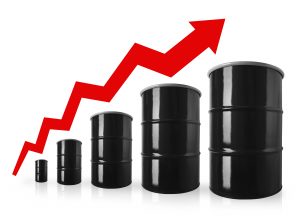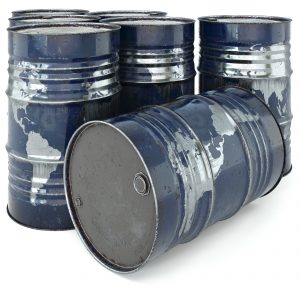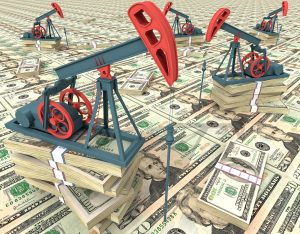Mexico and U.S. studying NAFTA rules of origin proposals – minister
REUTERS / Adriana Barrera / August 6
MEXICO CITY (Reuters) – Mexico’s economy minister Ildefonso Guajardo said on Monday the country has put forward a proposal to update the North American Free Trade Agreement’s contentious rules of origin, and in turn was studying the U.S. position.
The United States has demanded tougher rules of origin, particularly on what percentage of a car needs to be built in the NAFTA region to avoid tariffs than outlined in the current trade deal.
“We have a proposal on the table, we’re analyzing some characteristics of the U.S. position, and we’re doing it clearly in line with our dialogue with Mexico’s auto industry,” Guajardo told reporters after an event in Mexico City.
U.S. President Donald Trump, who launched the renegotiation of the 1994 pact a year ago, has said he wants the reworked deal to bring manufacturing jobs back to the United States.
Guajardo on Monday also said that Canada, which is not participating in U.S.-Mexico talks that began in Washington two weeks ago after months of negotiations between the three trade partners, could join next week, depending on progress in the next few days between Mexico and the United States.
The bilateral meetings have yielded important developments, Guajardo said, adding that he will return to Washington midweek. He did not give details.
Mexican sources briefed on the negotiations have said Mexico has offered to raise the threshold for regional content beyond a May proposal of 70 percent, up from the current level of 62.5 percent. The United States is seeking 75 percent as well as demanding a proportion of vehicles be made in factories paying $16 an hour or more.
Mexico’s El Economista financial newspaper on Monday reported that Mexico had agreed to those demands, in return for a five-year transition period. Asked about the reports, Mexico’s chief trade negotiator Kenneth Smith said that no deal on autos had yet been reached.
“We haven’t closed or resolved this chapter yet,” Smith told reporters after the same event in Mexico City, saying that Canada also needed to take part before negotiators could reach final decisions.
Smith said Mexico and the United States were discussing technical details and each other’s proposals involving the auto sector, and that Mexico was explaining the areas it considered particularly sensitive.
He also said Mexico would not budge on its rejection of U.S. bids for seasonal restrictions on fresh products or a sunset clause that could strike down NAFTA agreements after five years.
REUTERS / Adriana Barrera / August 6










